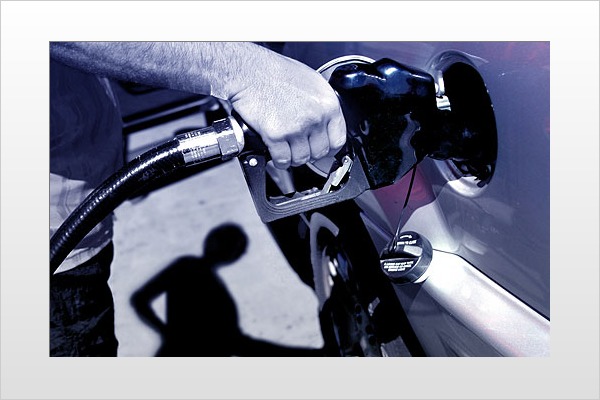
You may have read the tantalizing claims of additives, magnets or secret devices that will magically boost your gas mileage. And if you're like most people, you've been curious: Do these products actually work?
Whenever gasoline prices spike, drivers look for ways to save money at the pump. Products in the marketplace typically range from $5 to $100 and promise mileage gains from 1 percent to 20 percent.
The products that claim to achieve these gains include a device that's added to your air intake to improve circulation; magnets that are attached to the fuel line to supposedly change the molecular structure of gasoline; oil additives to help the engine run more smoothly; a packet of gel you can add to the fuel tank or attach to the fuel line that claims to burn gas more efficiently; and various fuels and fuel additives.
None of these products will work mileage miracles, according to the Environmental Protection Agency (EPA), which has tested more than 100 gas-saving devices, including mixture "enhancers" and fuel-line magnets. It has found that very few provide any fuel economy benefits. Tests may periodically show a mileage improvement, but nothing that you wouldn't find in the normal shifts that occur in your mileage, based on conditions.
"The devices that work provide only marginal improvements," according to the EPA. "Some 'gas-saving' devices may damage a car's engine or increase exhaust emissions." The best way to save gas is to follow the maintenance advice in your owner's manual. You also can assess your driving and then alter the lane-changing, lead-foot ways that are driving down your mileage.